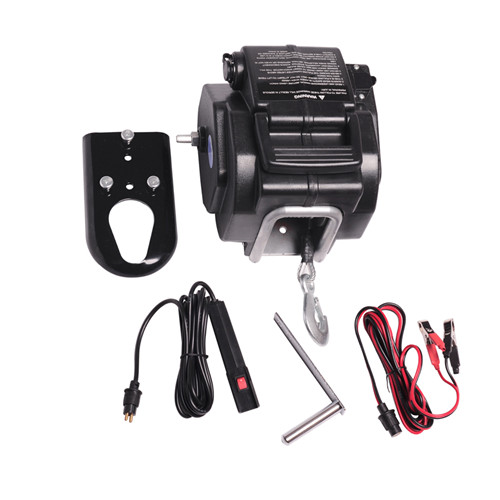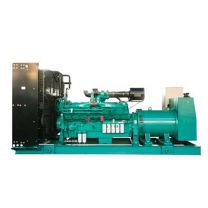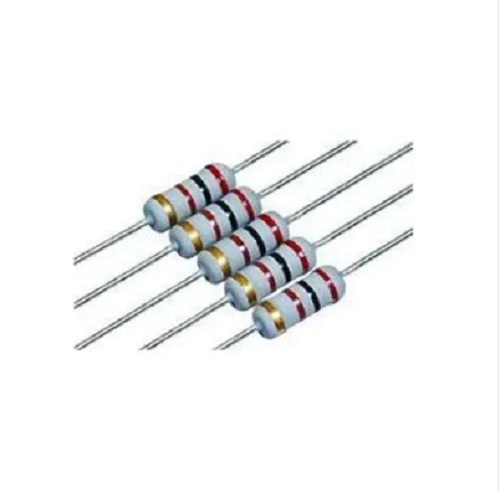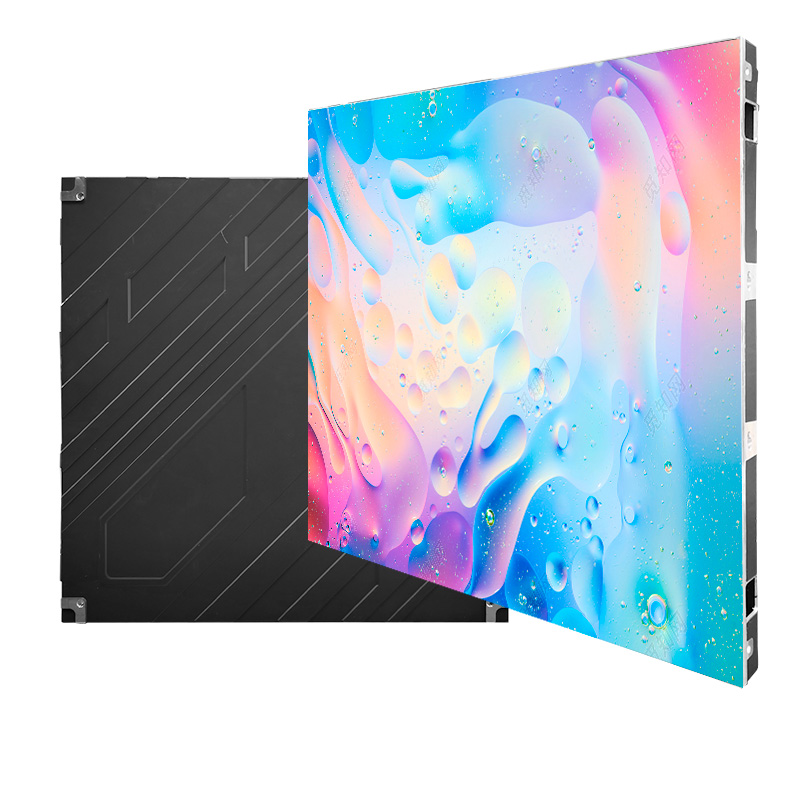Boat Winches: A Comprehensive Guide to Types and Uses
Boat winches are essential tools that play a crucial role in boating and water activities. These mechanical devices are designed to handle heavy loads, making tasks such as hoisting sails, lifting anchors, and pulling boats onto trailers much easier. With a wide range of winches available on the market, it's important to understand their different types and uses. In this comprehensive guide, we will explore the various types of boat winches and applications to help you make an informed decision when selecting the right winch for your boating needs.

Manual Winches
Manual winches are the most basic and common type of boat winch. They rely on human power to operate and are ideal for smaller boats or situations where power sources may not be available. Manual winches typically feature a drum, a ratchet mechanism, and a handle. By turning the handle, the user can spool or unwind the cable or rope, allowing for controlled lifting, pulling, or securing of objects. Manual winches are relatively affordable, easy to maintain, and suitable for lighter loads.
Electric Winches
Electric winches, as the name suggests, are powered by electricity and offer the advantage of automated operation. They are widely used in larger boats or situations where heavy loads need to be lifted or moved effortlessly. Electric winches are equipped with an electric motor that powers the drum, eliminating the need for manual winding. They often feature a control switch or remote control, allowing the user to operate the winch from a distance. Electric winches provide convenience and speed, making them highly popular among boaters.
Hydraulic Winches
Hydraulic winches utilize hydraulic power to operate and are known for their exceptional strength and durability. They are commonly used in commercial and heavy-duty applications where significant loads need to be handled. Hydraulic winches require a hydraulic power source, such as a boat's engine or a separate hydraulic system. They offer high pulling capacities and smooth operation. While hydraulic winches are more expensive and require professional installation and maintenance, they are excellent choices for demanding marine activities.
Considerations for Choosing a Boat Winch
Load Capacity: Determine the maximum load you anticipate needing to lift or pull. Choose a winch with a load capacity that exceeds your requirements to ensure safe and efficient operation.
Additional reading:Understanding the Distinction: J-Bolt vs. Anchor Bolt
Advantages and Applications of Metal Glazed Film Resistors
The Ultimate Guide to Portable Power Stations: Everything You Need to Know
Why is an LFP Battery a Reliable and Long-Lasting Energy Storage Solution for Portable Power Stations?
What Are the Benefits of Using an Electric Under Blanket for a Restful and Warm Night's Sleep?
Surface Mount Package Sizes
Gas Insulated Switchgear: Enhancing Electrical Grid Performance
Boat Size and Weight: Consider the size and weight of your boat, as this will determine the winch's power requirements. Larger boats may require electric or hydraulic winches, while smaller boats can be adequately served by manual winches.
Installation and Compatibility: Ensure that the winch you choose is compatible with your boat's design and installation requirements. Consider factors such as mounting options, space availability, and any additional hardware needed for installation.
Water Resistance: Since boats operate in a wet environment, it's crucial to select a winch that is corrosion-resistant and designed to withstand exposure to water. Look for winches with appropriate sealing and protective coatings.
Safety Features: Prioritize winches that come with safety features such as automatic brakes, load limiters, and emergency stop mechanisms. These features enhance safety during operation and protect against accidents.
Conclusion
Boat winch is indispensable tools for boaters, enabling efficient lifting, pulling, and securing of heavy loads. Whether you opt for a manual, electric, or hydraulic winch, understanding their different types and considering factors such as load capacity, boat size, installation requirements, and safety features will help you choose the right winch for your specific needs. With the appropriate winch on board, you can ensure smooth and successful boating experiences while handling tasks with ease and confidence.
Additional reading:Exploring the Versatility and Benefits of Electrical Flexible Conduit
Factors to Consider when choose LCD Module
Advantages and Applications of Gas Insulated Switchgear
Advantages of SIP Trunking
Understanding ESD Protection: How PCB Consumables Prevent Static Damage
The Anatomy of Precision Instruments PCBA
SMT PCB Buffer vs. Conveyors: Which Is Better for Your Assembly Line?
Previous: Applications of Low-Voltage Lithium Battery
Next: The Ultimate Guide to Portable Power Stations: Everything You Need to Know
Related Articles
If you are interested in sending in a Guest Blogger Submission,welcome to write for us!








Comments
0